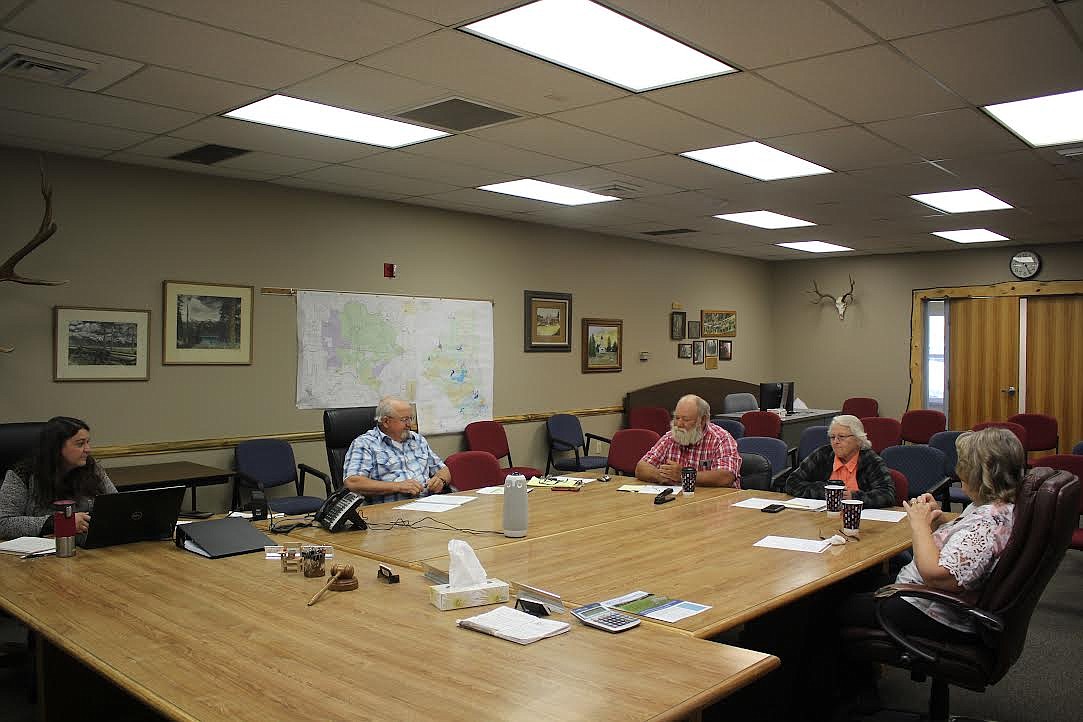IFG says lawsuits derailed St. Regis lumber mill
The September Mineral County Resource Coalition meeting came a week after the announcement that Idaho Forest Group was closing their St. Regis mill and that subject was the key point of discussion. ...
Become a Subscriber!
You have read all of your free articles this month. Select a plan below to start your subscription today.
Already a subscriber? Login



